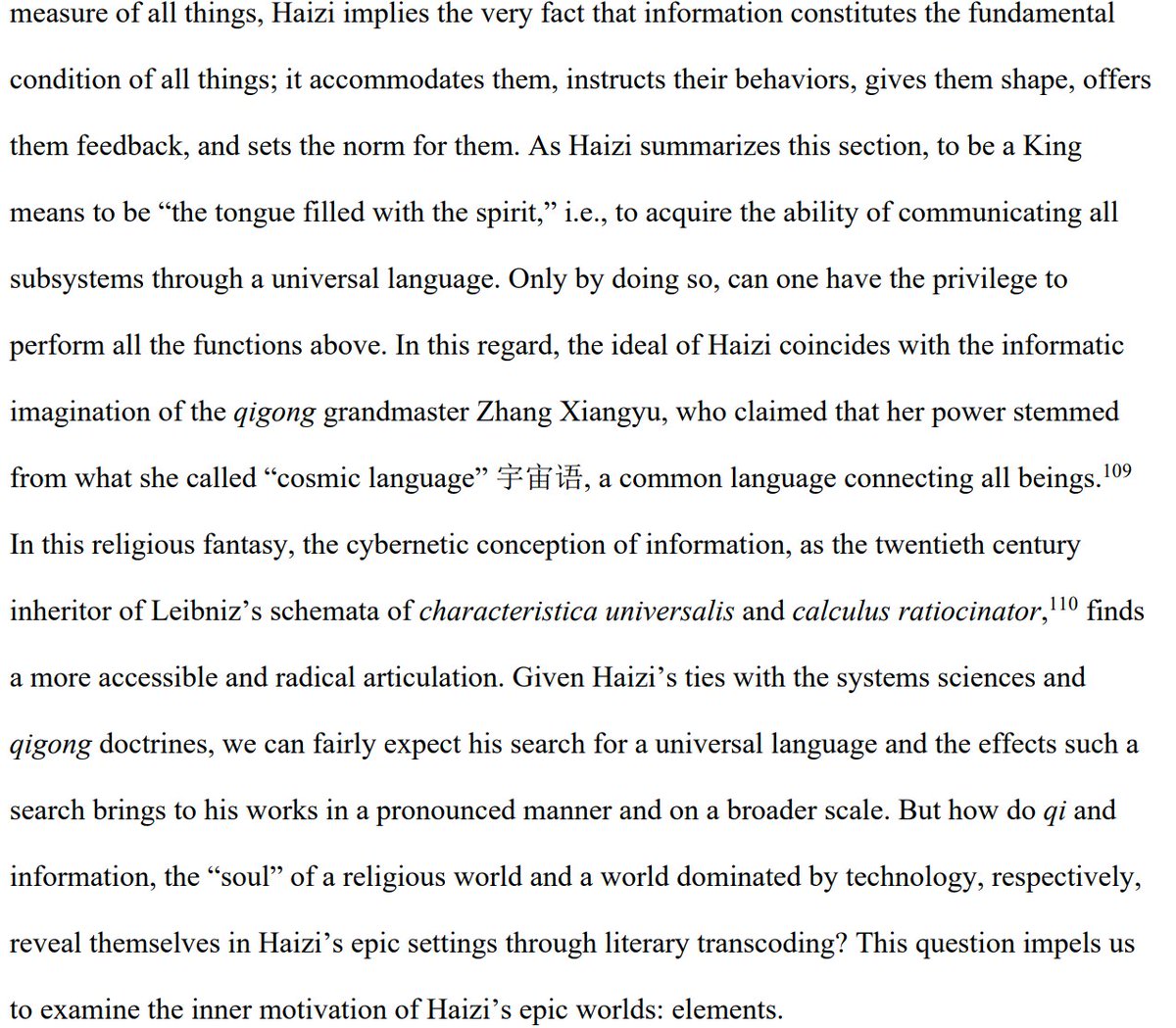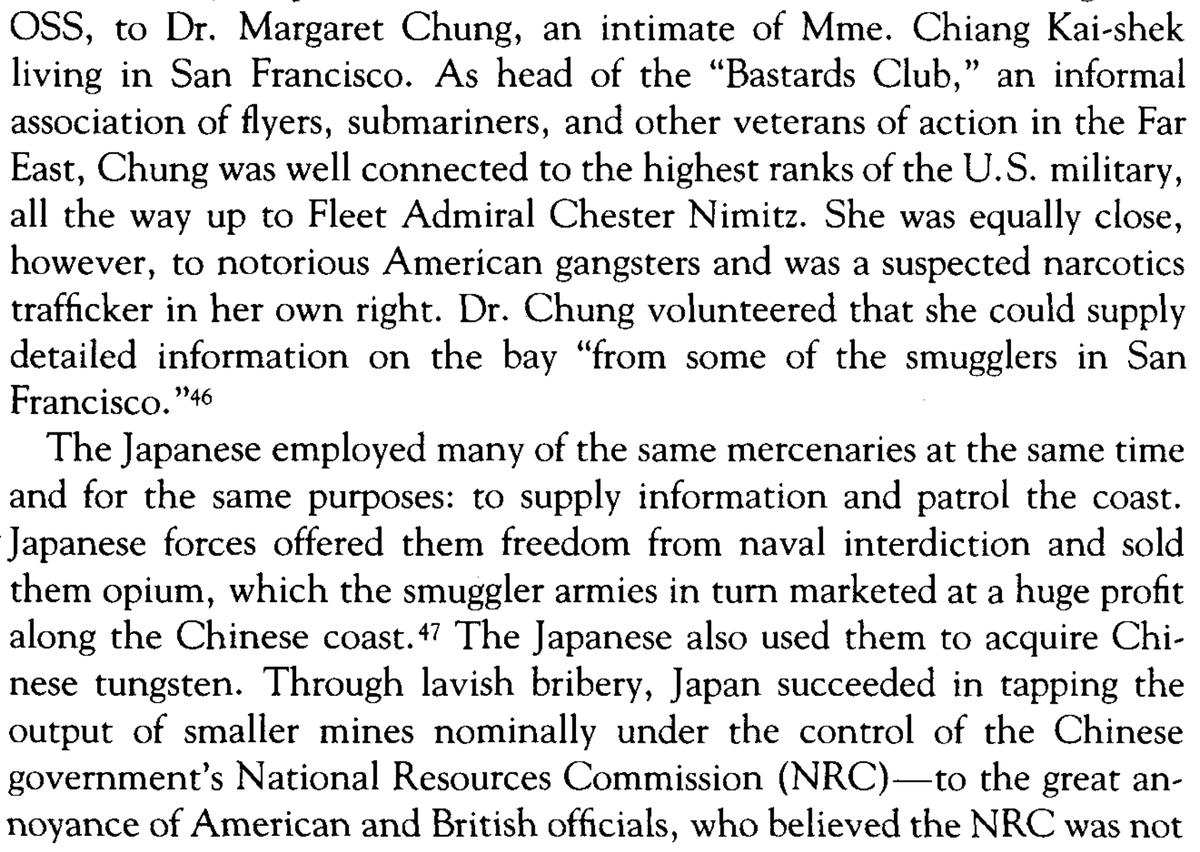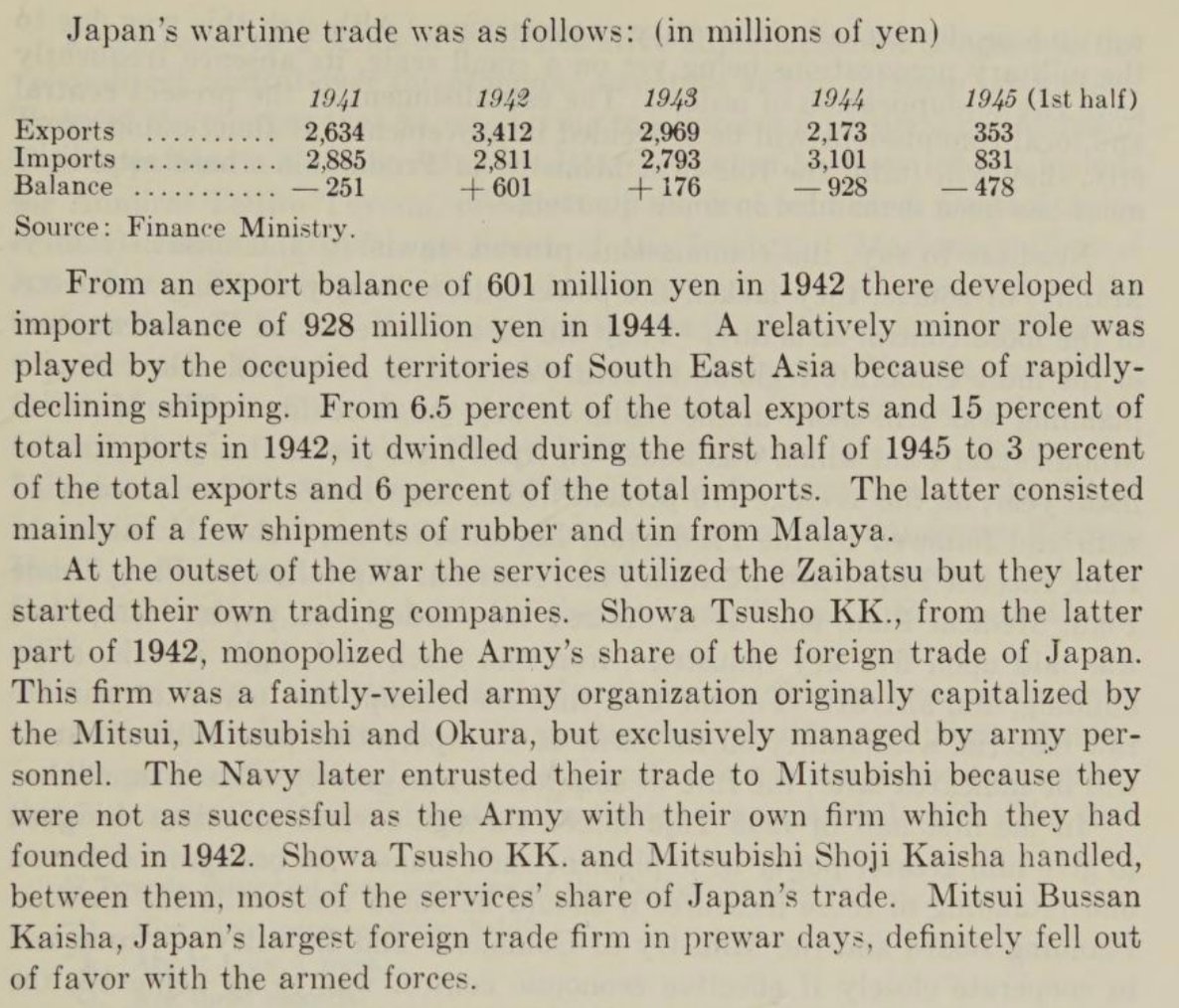This is an old piece of industrial boosterism from Wang Xiaodong 王小东, who is identified with what has been called the Industrial Party 工业党. What he advocates is development at any cost, with state resources and direction leading high-tech industrialization. The essay,… twitter.com/i/web/status/1… 

Competitiveness in an industrial age relies on these factors: making things that others cannot, making things better, and making things cheaper. To do those things relies on skilled technicians, scientists, and workers. China has a good supply of all of them. There are many… twitter.com/i/web/status/1…
The next section speaks directly to the split between the Industrial Party and what Wang Xiaodong calls the Sentimental Party, which embraces both the left and right. Although he didn't coin these terms, this essay popularized them.
In The Chinese in Africa, the authors ask an American expert if he is worried about China's expansion, and he answers that he is grateful. The Chinese, he says, are doing things in Africa that the West is not. The book argues that Chinese contributions have put Africa back on the… twitter.com/i/web/status/1…
Let the Bullets Fly is a metaphor for the Chinese revolution and Chinese history. It expresses the director's understanding of the Chinese revolution, the Chinese people, and Chinese history. The left and right take what they want out of the metaphor and applaud the film. The… twitter.com/i/web/status/1…
That's the entire essay.
• • •
Missing some Tweet in this thread? You can try to
force a refresh

 Read on Twitter
Read on Twitter


















